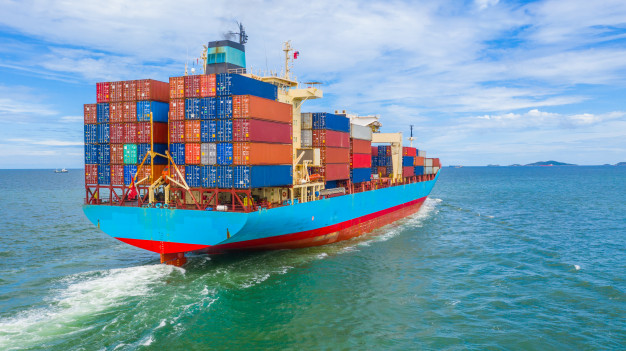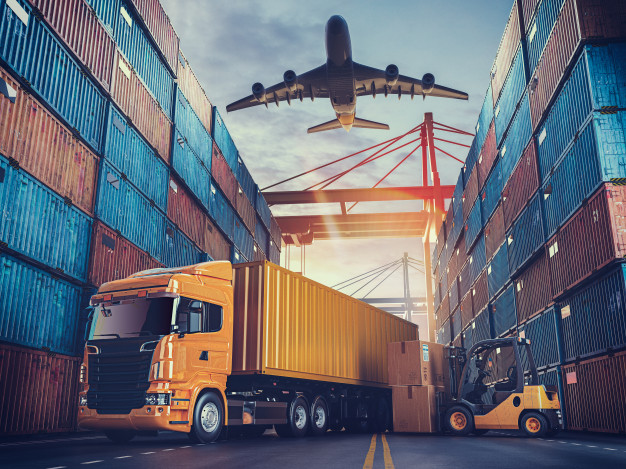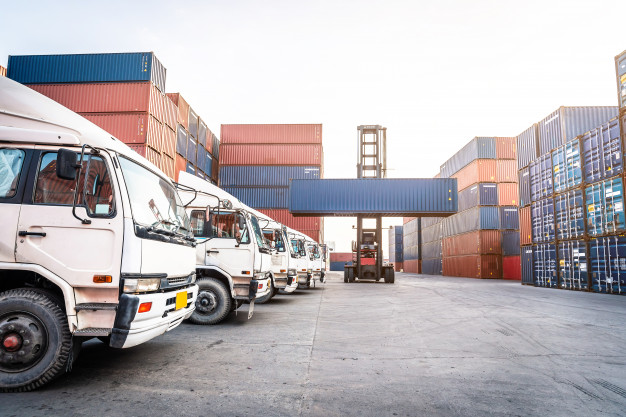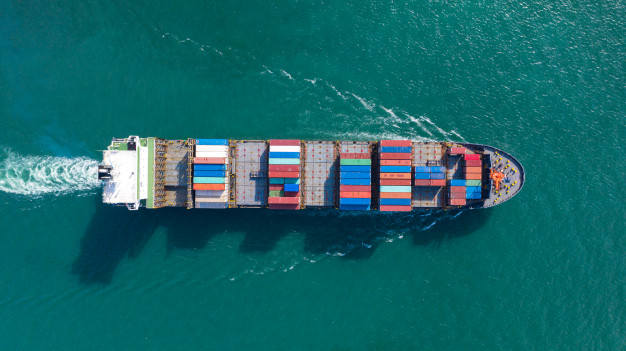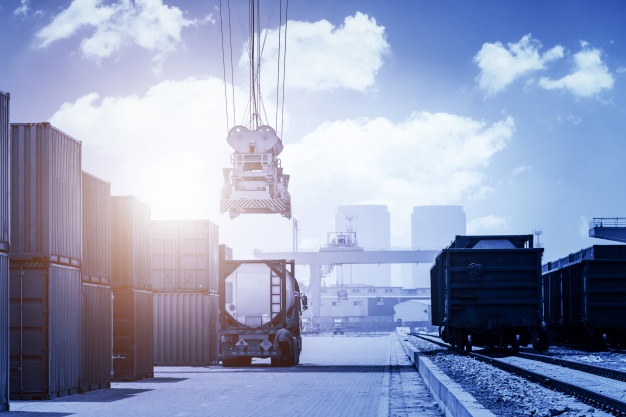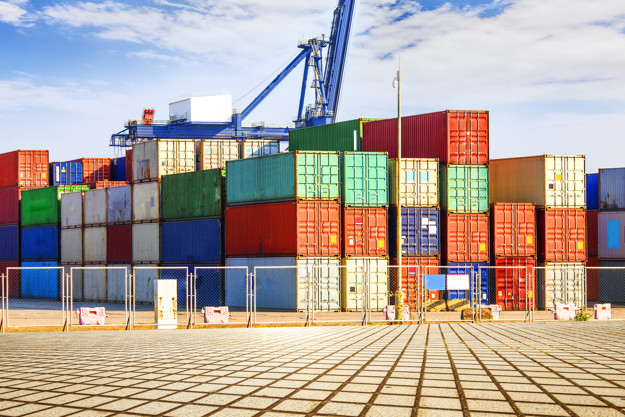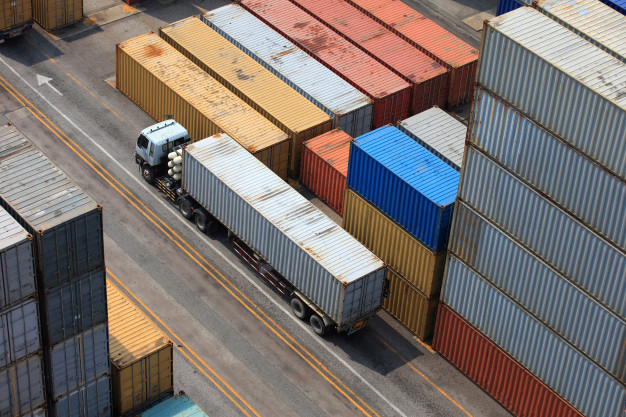Guide for Successful Exporting
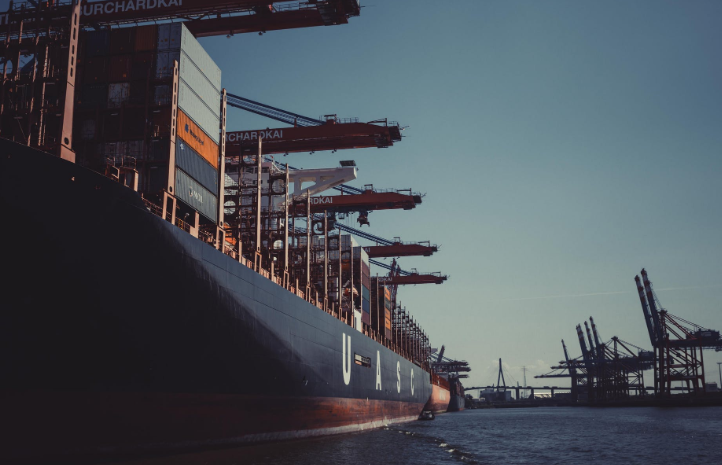
Exporting or the act of trading goods by sending them over to another country has been an attractive venture for many people for as early as the prehistoric times. From the barter system, up to the modern forms of trade, exported products have become so popular that it is one of the primary reasons for the development of globalization and cross-cultural communication.
In the Philippines, a number of products manufactured locally have a considerable amount of export markets to offer on an international scale. According to the Department of Trade and Industry, one of the top export markets of the country can be found in countries such as Japan, the United States, China, South Korea, and Singapore. Along with the country’s growing economy, the Philippines is now more than capable of mass-producing exportable products like electronic materials, minerals, and fruits.
Selling products abroad can be a lucrative business, especially if you know certain methods and techniques in practicing your trade. In case you’re planning to start an exporting company, there are several benefits that you should anticipate.
Benefits of Exporting
Vast markets – Exporting allows an enterprise to gain access to a great number of potential markets. Doing thorough research can help you identify a list of specific locations where you can sell your products and gain maximum profit.
Increased sales – Exporters can enhance their sales potential since they can reach out to more customers.
Better profit margins – More customers lead to increased demands, which in turn results in fairly profitable business.
Makes budget for research a worthy investment – Conducting market studies can help an exporter improve specific products in order to meet the needs and satisfaction of new markets.
Tips for Successful Importing
Despite having some advantages, exporting products is a challenging task. Such practice requires you to establish healthy connections with foreign consumers, which can be very difficult due to cultural and language barriers. You need to learn how you can promote your products and convince international markets on why they should view your brand as a trusted supplier.
To help you increase your chances of success, here are some of the best tips for exporting your goods:
-
Prepare a well-detailed research
Research is one of the most crucial steps in starting an exporting business. The data that you will receive from the results can give you a proper understanding regarding the demand for your chosen product. When conducting market research, make sure that you establish achievable goals like identifying the economic rate of a potential market, the demographics, as well as closest competitors.
-
Plan accordingly
You have to consider the following factors:
Capacity – Determine whether you have the adequate capacity (resources) to meet the changing demands of different markets.
Knowledge – Study your products, mainly the driving reasons that can make it valuable and worthy of people in other parts of the world.
Packaging – The design of your packaging reflects a significant portion of your brand’s identity.
-
Select a marketing route
In order to reach out to a massive number of customers across borders, you can choose one of the marketing routes below:
- Using a distributor
- Creating a joint venture
- Using a sales agent
- Be a direct seller
-
Understand the nuts and bolts of the exporting process
Exporting comes with several procedures that involve varying rules and regulations of bringing exported products from one country to another. Remember to check if the goods you’re trying to export will require some paperwork to be done before they can be cleared by the authorities.
-
Hire a freight forwarder
Freight forwarders are highly skilled professionals that possess immediate knowledge in logistics and can ensure seamless documentation and customs clearing processes when exporting your products. Consider hiring a freight forwarding agency for your business if you want to avoid any unnecessary delays and other related hassles associated with exporting.
Excelsior Worldwide Freight Logistics conducts free orientation for those who are willing to learn. It is our advocacy to share our knowledge & experience worth more than a decade in the business. Visit our website today at www.excelsior.ph to learn more about our service.
Sources:
- https://www.chamber-international.com/exporting-chamber-international/ten-steps-to-successful-exporting/
- https://www.aacb.com/benefits-of-importing-and-exporting/
- http://www.tradelinephilippines.dti.gov.ph:8080/exports
- https://www.shopify.in/encyclopedia/exporting
- https://www.encyclopedia.com/social-sciences-and-law/economics-business-and-labor/economics-terms-and-concepts/exports#:~:text=Exports%20originated%20with%20the%20start,part%20of%20long%E2%80%93distance%20commerce.
- https://www.nibusinessinfo.co.uk/content/advantages-and-disadvantages-exporting

